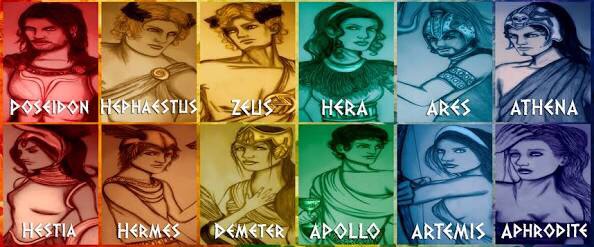Introduction to Greek Mythology
Introduction to Greek Mythology
Before entering upon the many strange beliefs of the ancient Greeks, and the extraordinary number of gods they worshipped, we must first consider what kind of beings these divinities were. In appearance, the gods were supposed to resemble mortals, whom, however, they far surpassed in beauty, grandeur, and strength; they were also more commanding in stature, height being considered by the Greeks an attribute of beauty in man or woman.
Each deity possessed a beautiful chariot, which, drawn by horses or other animals of celestial breed, conveyed them rapidly over land and sea according to their pleasure. Most of these divinities lived on the summit of Mount Olympus, each possessing his or her individual habitation, and all meeting together on festive occasions in the council-chamber of the gods. Their blood, fluid called Ichor, never engendered disease,and,when shed, had the power of producing new life.



Comments
Post a Comment